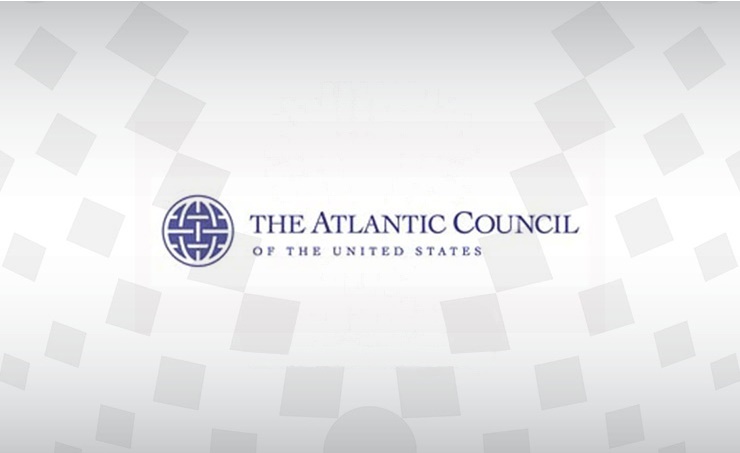ID :
589523
Sun, 02/07/2021 - 16:25
Auther :
Shortlink :
https://oananews.org//node/589523
The shortlink copeid
Atlantic Council discusses paper on material procurement network of militants operating in Bahrain

Washington, Feb. 7 (BNA): The Atlantic Council has organized a panel discussion on a report written by the Investigative Researcher on Illicit Weapon Transfers, Tim Michetti.
The paper is a comprehensive, field-based case study on illicit Iranian weapon transfers in Bahrain.
Michetti provided a quick background on the report and its development and how it culminated, noting that he independently engaged Bahrain to do an assessment of all the weapons material that they had seized in the country to date.
This project was not just to look at the physical material, but it also broadened the scope to look at electronic evidence about biometrics, like DNA and latent fingerprints lifted off material, as well as suspect testimonial, and other corroborating pieces of evidence, he added.
Michetti stated that the purpose was to be able to quantify specifically how much material was attributed to Iran and what was perhaps attributable to other regional sources of proliferation, or being manufactured domestically, specifically with radio-controlled improvised explosive devices.
He explained that the reason the scope of the report focused on the years from 2013 to 2018 was because that’s the timeframe in which material seizures were most prolific, noting that the last actual seizures in Bahrain occurred in February 2018 that can be linked directly to Iran.
He mentioned there were four primary instances of interdictions that could be linked to Iran. One was a bus case in 2015 coming over the border in Saudi Arabia, two were maritime interdictions in 2013 and 2015, and the most recent and last one was in December 2016 of a small skiff coming over from Iran, based on GPS data that had landed in the Nabih Saleh region of Manama.
Michetti said that the approach he took was to look at the full range of material that was being seized and then set specific criteria.
Some of these criteria include the mode of entry into Bahrain, whether they came by maritime route or land route; the treatment of the material such as the removal of identifiable information such as serial numbers or factory markings, and what was the material co-mingled with at the time, most of the time, any material that is attributable to Iran was solely co-mingled with other material linked to that network.
This shows quite clearly that a majority of the material recovered in Bahrain actually is attributable to transfers from Iran, specifically with assault rifles, as half of the rifles recovered in Bahrain in the time period are attributable to Iran, three quarters of the ammunition and a significant majority of the radio-controlled IEDs.
He explained that doing this work was actually quite useful because it allows you to identify the connections purely based on patterns between material document in different regions, with radio-controlled IEDs for example, as they all have certain components or construction characteristics.
He added that the original ‘aha’ moment in finding out that IDs in Bahrain were linked to the Houthis and therefore to Iran was in taking a part and actually physically exploiting these items and in coming to the realization that they’re not just similar but actually identical.
Former National Intelligence Manager for Iran in the Office of the Director of National Intelligence, Norman Roule, said that illicit weapon transfers stand in promoting interactions among regional governments to improve the international economy after the pandemic, adding that in order to achieve regional cooperation, a new approach is needed to staunch the flow of illicit weapons which so many countries in the Middle East view as a threat.
As for David Mortlock, a non-resident senior fellow with the Atlantic Council, he explained that sanctions might not deter l proliferation or terrorism but are tools that make financing such activities much more difficult, partly because of what is known as the derivative designation tool.
Michetti spent several years documenting the flows of illicit weapons across Africa, Asia, and the Middle East, establishing and running field operations in Bahrain, Israel, Lebanon, Libya, Saudi Arabia and the UAE, and Yemen, and supporting similar field operations in Algeria, in Egypt, in several other countries doing similar work.
He is currently working with a range of clients on strategic engagement and resource mobilization including the bill and Belinda gates foundation and the global funds, and he operates a private advisory firm focused on arms control and supply chain security.





